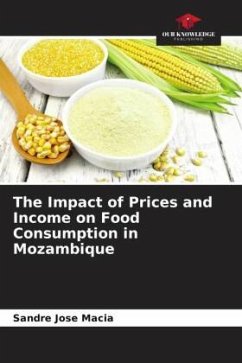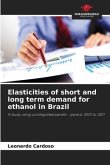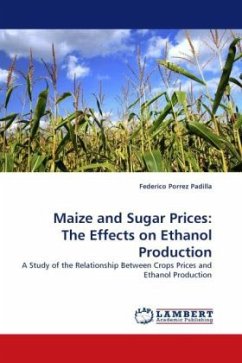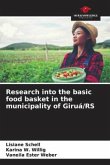In recent decades, international food price instability has affected consumption and food security, especially in developing countries such as Mozambique. This study analyses how income and prices influence food consumption in the country, which is marked by poverty, inflation and dependence on imports. Using data from the 2014/15 IOF and the LA/AIDS model, price elasticities and income elasticities were estimated. The results indicate that demand for food is elastic to both, with most foods being normal goods, especially cereals. Oils, fats and dairy products have high price elasticity, showing vulnerability to shocks. Cross elasticities reveal little substitution between food groups. High prices compromise consumption by poor households, while higher income improves food security. This reinforces the importance of integrated public policies that guarantee access to and production of essential foods.
Bitte wählen Sie Ihr Anliegen aus.
Rechnungen
Retourenschein anfordern
Bestellstatus
Storno








